Bali has long been a magnet for travelers who come for the beaches, rice terraces, and culture. Lately, the island is earning a reputation for something else too: practical, people-first approaches to bali eco tourism that protect nature and support local livelihoods. This article explains how communities, operators, and policy are pulling together to make Bali a real example of sustainable travel & tourism and how visitors can join that positive change.
Why Bali Matters for Bali Eco Tourist

Image by mahroch from Getty Images Pro
Bali's mix of coastal ecosystems, coral reefs, and dense human communities makes it both vulnerable and influential. The choices made on the ground hereby villagers, guides, tour operators, and regional leaders send a signal to other destinations about what responsible tourism can look like. International bodies encourage destinations to measure and manage tourism so that economic benefits do not come at the expense of ecosystems or culture.
Key takeaway: Bali is small but visible. When the island adopts greener practices, other tourism-dependent places watch, learn, and sometimes follow.
Introduction to Bali
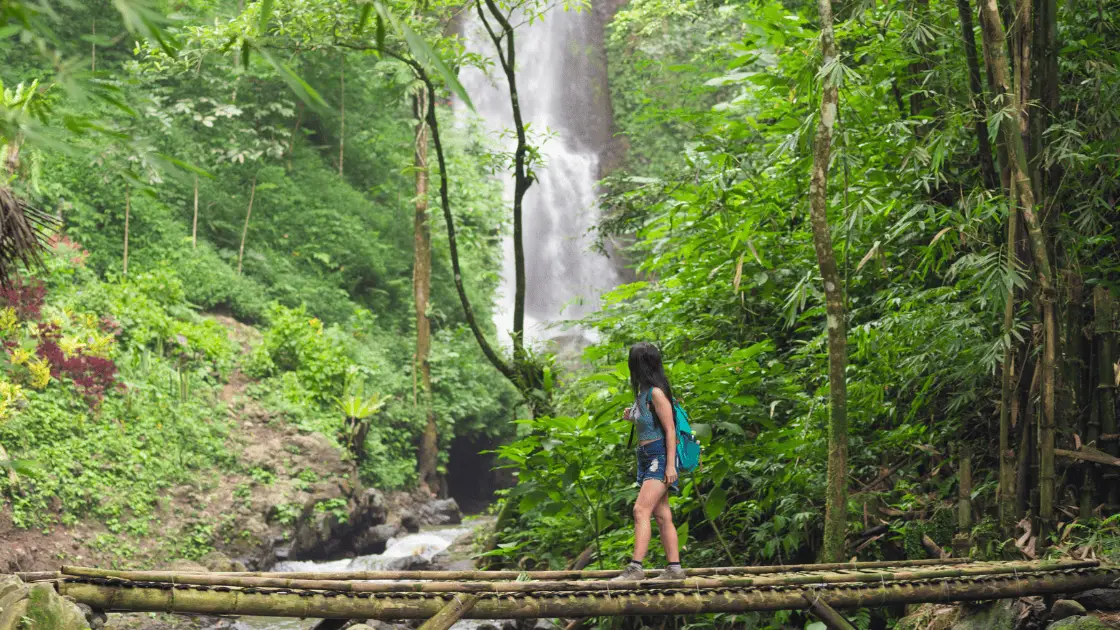
Image by Stephane Bidouze
Bali is more than just a tropical paradise; it's a vibrant hub for sustainable tourism where travelers can immerse themselves in a unique blend of culture, nature, and adventure. The island’s lush mangrove forest, tucked away in South Bali, is a hidden gem that showcases the importance of conservation and the vital role of the local community in preserving the environment. Whether you’re joining an eco tour to explore the wonders of Bali’s diverse ecosystem or learning about the island’s rich culture, every experience is an opportunity to support responsible tourism. From vibrant marine life to breathtaking landscapes, Bali is the perfect place to discover the beauty of nature and the significance of protecting it for future generations. By participating in eco-friendly activities and connecting with the community, visitors can learn firsthand about the importance of conservation and contribute to preserving Bali’s natural wonders.
Local communities: the backbone of bali eco tourism
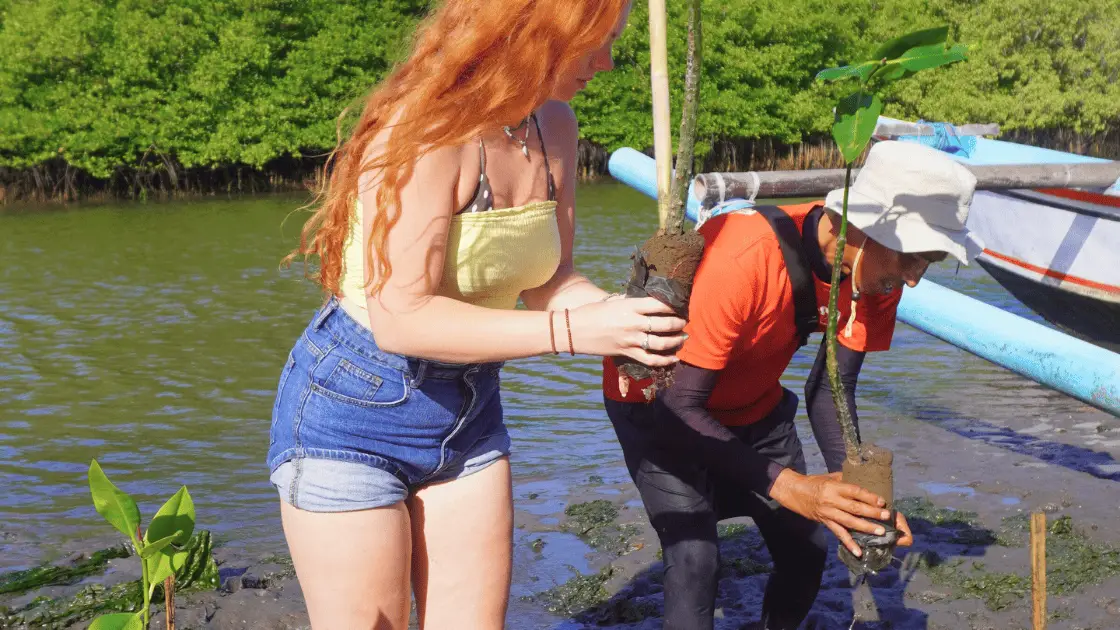
Communities are often the ones doing the hands-on work of conservation, from replanting mangroves to running homestays that teach local crafts and customs. On Bali and neighboring islands, community-led mangrove planting projects and “adopt a mangrove” programs are becoming more common. These initiatives protect coastlines, increase fish nursery habitats, and create community jobs. Local fishermen are often involved in guided fishing experiences for visitors or assist with mangrove conservation efforts, further supporting sustainable tourism.
What community-led eco tourism looks like in practice:
Local guides share traditional knowledge about mangrove species and coastal fisheries.
Villages run small-scale visitor experiences that return revenue to community programs.
Replanting and monitoring are often carried out by the people who rely on the shoreline for their livelihoods.
Why this matters: Community stewardship turns tourism from extraction into investment: visitors fund protection, and locals gain stronger incentives to look after the environment.
Eco-friendly operators: how tours turn impact into benefit
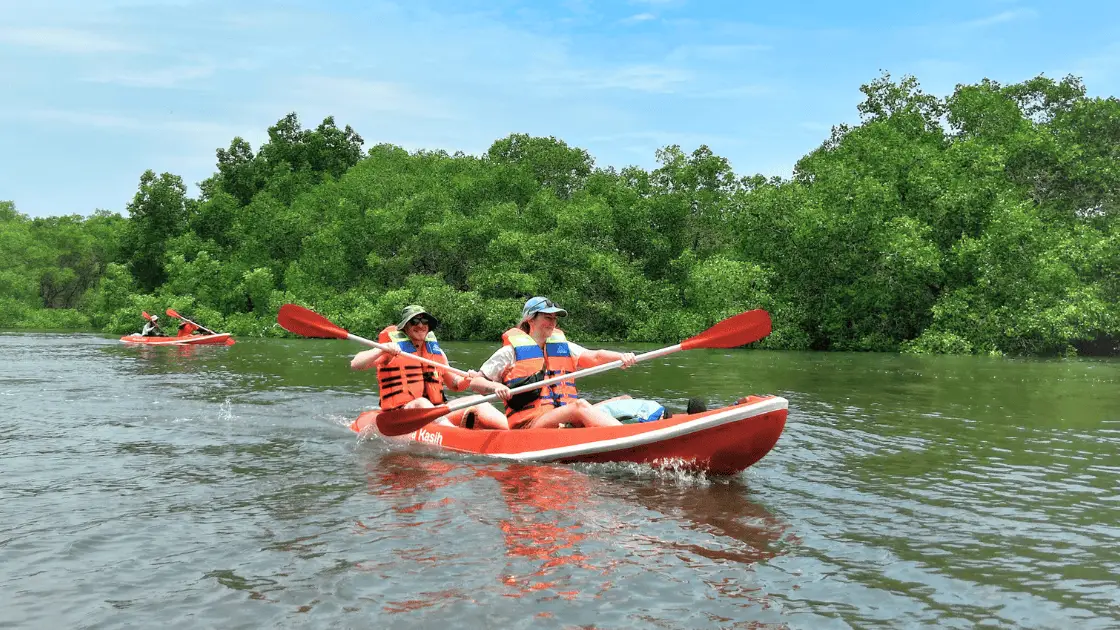
A growing number of operators are designing low-impact experiences that educate guests and fund conservation. That shift is what people mean when they look for a bali eco friendly tour.
Take canoeing and mangrove tours as an example. Properly run bali canoeing tours, especially the quieter, low-capacity options, keep noise and fuel use minimal while allowing guests to see and care for fragile habitats. Companies that train local guides, limit group size, use non-motorized vessels, and donate part of their proceeds to restoration are redefining how tourism operates. Professional and knowledgeable drivers provide safe and friendly transportation to and from these tours, ensuring a smooth and enjoyable journey for guests.
Spotlight: Bali Mangrove Adventure runs guided mangrove experiences that focus on ecology and local partnerships. Guests are accompanied by experienced local guides for a personalized and memorable experience. Their offerings include guided canoe trips and a Yakatabune-style mangrove cruise that emphasize minimal disturbance, local guide employment, and on-site environmental education. If readers want to see these models in action, check the Mangrove Canoe Tour and the Mangrove Tour by Jukung for examples of how a bali mangrove canoeing tour can be both memorable and responsible. Recommended tours and guides are available for those seeking authentic and memorable experiences.
Quick wins for operators:
Offer interpretive guides who work for their communities.
Reinvest ticket revenue in local restoration projects.
Staff assist guests in planning and customizing their eco tour experiences.
Help guests plan their itineraries to meet their interests and preferences.
These practices enhance the overall quality and sustainability of Bali's eco tourism.
Regenerative Travel: Beyond Sustainability in Bali
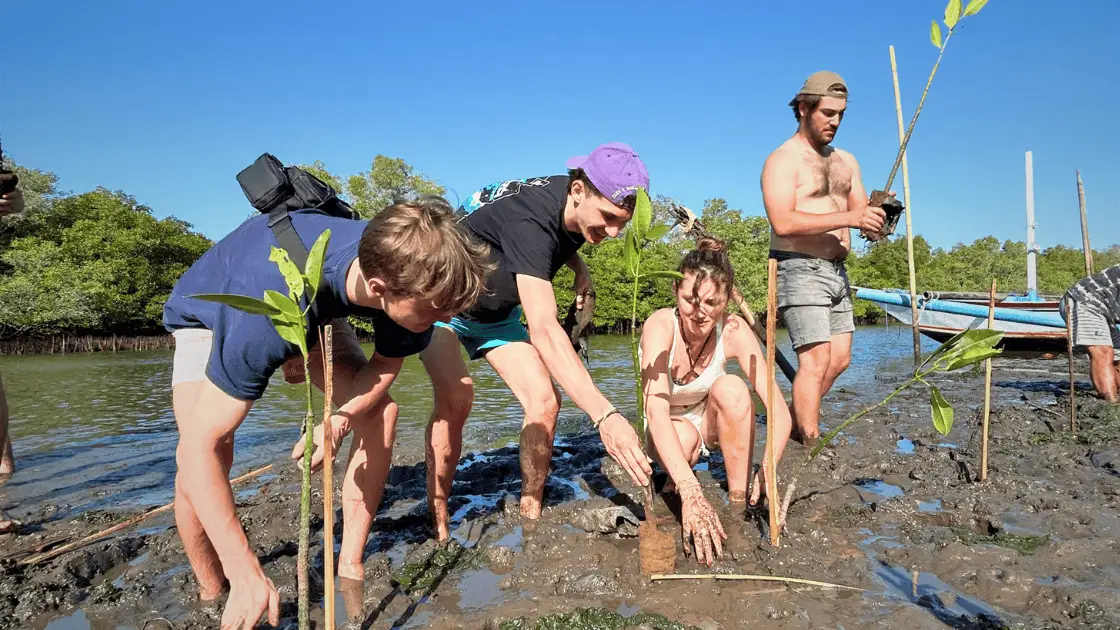
Regenerative travel in Bali takes sustainable tourism a step further by actively creating a positive impact on both the environment and local communities. Instead of simply minimizing harm, regenerative travel focuses on restoring and enhancing Bali’s natural and cultural assets. Visitors can join hands-on activities such as mangrove forest planting, coral reef restoration, and wildlife conservation tours, all guided by knowledgeable tour guides who share insights into the island’s unique ecosystem. These experiences not only help preserve Bali’s biodiversity but also empower communities to lead conservation efforts. By choosing regenerative travel options, tourists play a direct role in supporting ongoing initiatives that protect the environment and promote the well-being of local people. Exploring Bali through this lens means every tour and activity becomes a chance to learn, contribute, and experience the true importance of conservation and sustainability.
Policy & large-scale projects: government and global backing
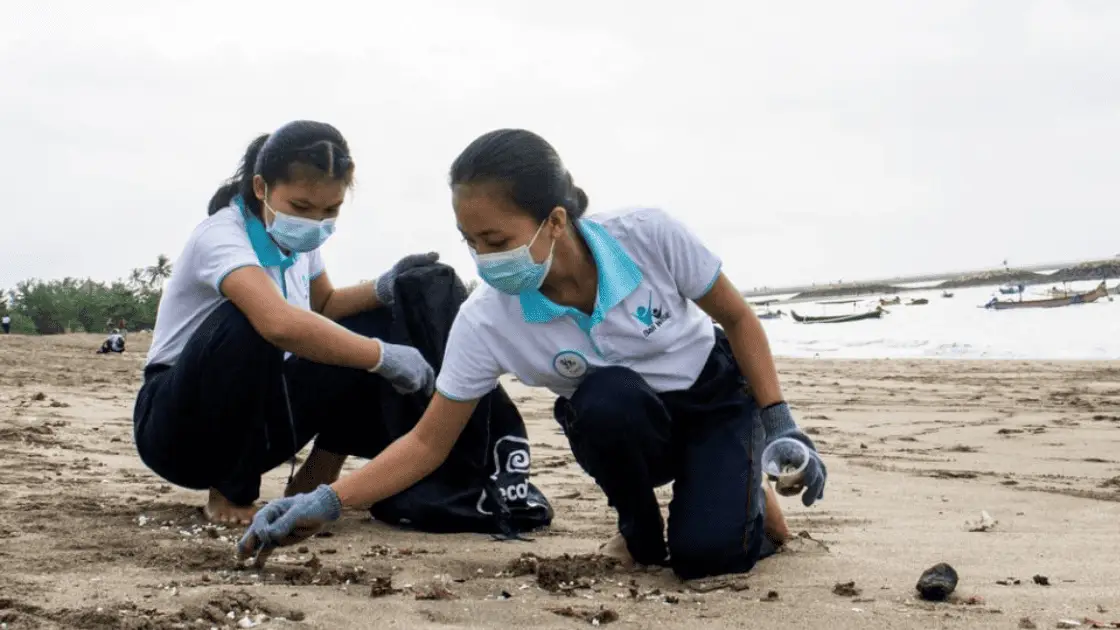
Image source: zerowastecenter.org
Policy has to match grassroots action. Bali’s provincial government moved early on single-use plastics, enacting a regulation that restricts disposable plastic bags, straws, and styrofoam effective from mid-2019. That regulation reduces everyday plastic leakage into beaches and mangroves and sets a regional standard for waste management.
On a national level, Indonesia has set ambitious targets for mangrove rehabilitation and coastal resilience. Large-scale projects supported by national agencies and multilateral partners aim to restore hundreds of thousands of hectares of mangrove as both climate adaptation and livelihood support. These programs provide important funding and technical support that local communities and tour operators can tap into. Together, these provincial and national efforts form a complete framework for sustainable tourism and environmental protection in Bali.
What this policy mix enables:
Local bans reduce everyday pollution sources.
National restoration funds scale up planting and monitoring.
Public-private partnerships create work for coastal communities.
How travelers can choose bali sustainable travel that really helps
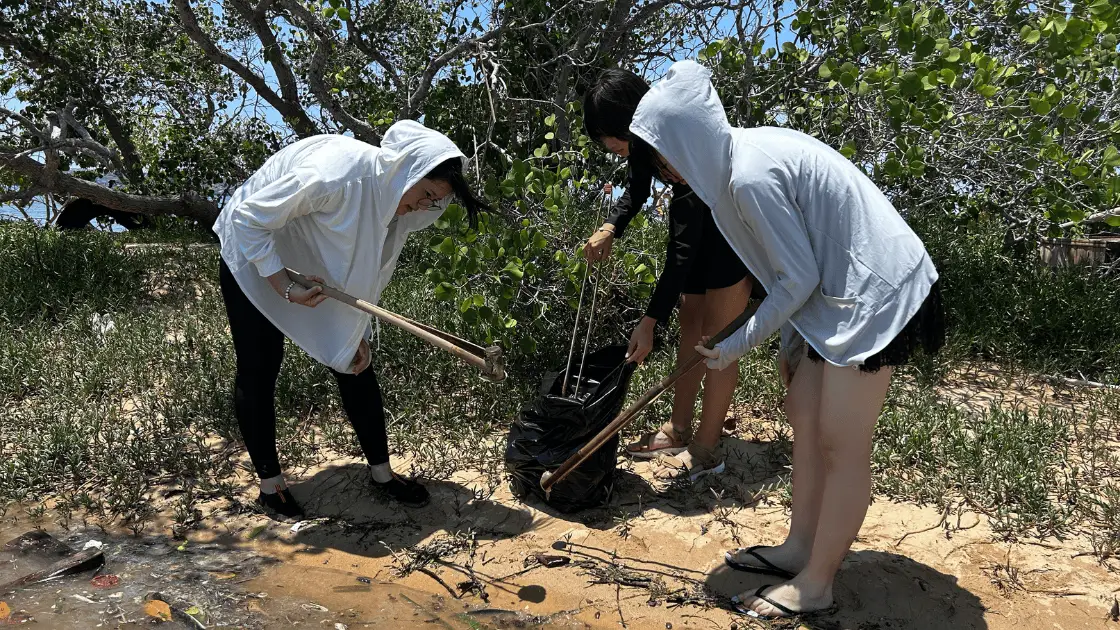
Travelers have more power than they often realize. Choosing thoughtful experiences is the best way to support Bali's sustainable tourism and sends market signals that reward sustainable practices.
Practical ways to make a difference:
Book bali eco friendly tour options that prioritize local guides and small groups.
Choose non-motorized or low-emissions excursions such as bali mangrove canoeing tour offerings.
Prefer operators that commit a portion of revenue to restoration or community projects.
Bring a reusable bottle and refuse single-use plastics. Be prepared with eco-friendly items like reusable water bottles and eco-bags to comply with Bali’s local regulations, as local rules mean fewer options for disposables anyway.
Learn from guides and follow their advice: stay on paths, avoid disturbing wildlife, and respect cultural sites.
Note: Itineraries may change due to tides or weather conditions. Please pay attention to updates from your guide for a smoother experience.
Smart choices, big difference: A single tour booking can directly pay a guide’s wage and fund community planting. Multiply that by thousands of visitors and the cumulative impact is meaningful. Choosing safe and responsible operators ensures your Bali adventure is both enjoyable and secure.
Volunteer Opportunities for Conscious Travelers
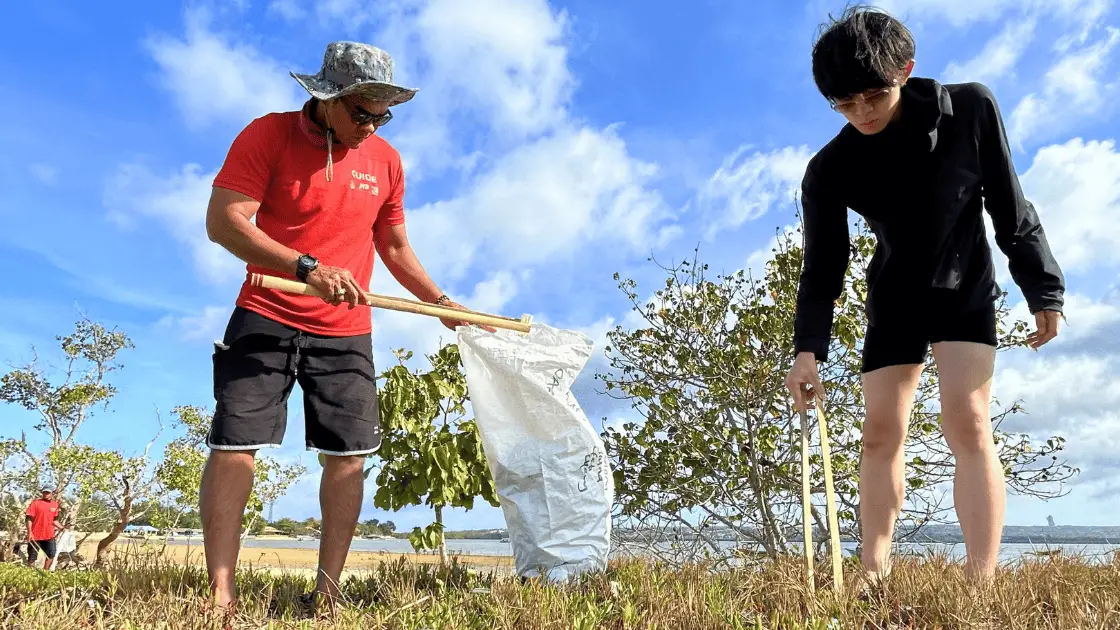
For travelers seeking to make a meaningful difference, Bali offers a variety of volunteer opportunities that support both the environment and the local community. From joining beach cleanups to participating in conservation projects and educational outreach, there are countless ways to get involved. Guided by local partners and experienced tour guides, volunteers can find activities that match their interests—whether it’s helping to restore the ecosystem, supporting community initiatives, or sharing skills with local schools. These efforts not only contribute to the preservation of Bali’s natural wonders but also foster a deeper connection with the island’s culture and people. By volunteering, visitors become active participants in conservation, creating a positive impact that extends far beyond their stay and helping to ensure that Bali’s unique environment and communities continue to thrive.
Beyond the trip: sustainable travel habits that last

Image by indahlestar29 | Indah Lestari
Sustainable travel is not just one activity, it is a set of habits. Consider these steps for longer-term impact:
Spread the word. Share photos and stories of responsible activities and the operators who run them.
Support programs that blend conservation with livelihoods, such as community-run homestays or market stalls that sell locally made crafts.
If you travel frequently, look into carbon offsets and airlines that publish transparent sustainability data. International frameworks and guides help travelers understand which investments move the needle.
Digital Detox and Mindfulness in Bali

Image by Bali Yog Shala from Pexels
Bali’s serene landscapes and rich culture make it the perfect destination for those seeking a digital detox and a mindful escape from the demands of daily life. Surrounded by nature, visitors can find tranquility through activities like yoga, meditation, and guided nature walks, all designed to promote relaxation and inner balance. Disconnecting from technology allows travelers to fully immerse themselves in the present moment, appreciating the beauty of Bali’s environment and the depth of its cultural traditions. With a wide range of mindfulness retreats and wellness programs available, it’s easy to find the ideal experience to suit your needs. Whether you’re looking to recharge in a peaceful setting or explore new ways to connect with yourself and the world around you, Bali offers the perfect place to reset and return home feeling refreshed and inspired.
Additional ways Bali is enhancing eco tourism

Image source: ulamanbali.com
Beyond community and policy efforts, Bali is also investing in infrastructure and education to support eco tourism. Many accommodations now integrate sustainable design, energy-efficient systems, and water conservation measures to minimize their environmental footprint. Many hotels in Bali are adopting sustainable practices and supporting eco tourism by implementing eco-friendly lodging solutions and participating in sustainable tourism initiatives. Hotels and guesthouses often collaborate with local environmental groups to organize beach cleanups and educational workshops for guests.
Transportation options are also evolving, with increased availability of electric vehicles and bicycle rentals in popular areas such as Ubud, Seminyak, and Kuta. Eco-friendly transport options are now accessible not only in these locations but also in other areas across Bali, providing comprehensive travel solutions for visitors. This reduces pollution and traffic congestion, enhancing the visitor experience while protecting natural habitats.
Furthermore, innovative eco tours are expanding to include marine life conservation activities, such as coral reef restoration snorkeling trips and turtle release programs. Tanjung Benoa is a key location for hotel pickups and convenient access to mangrove canoeing tours, making it an important hub for eco-tourism experiences. These experiences allow travelers to connect deeply with Bali’s unique biodiversity while contributing to its preservation.
The role of tour guides and local experts
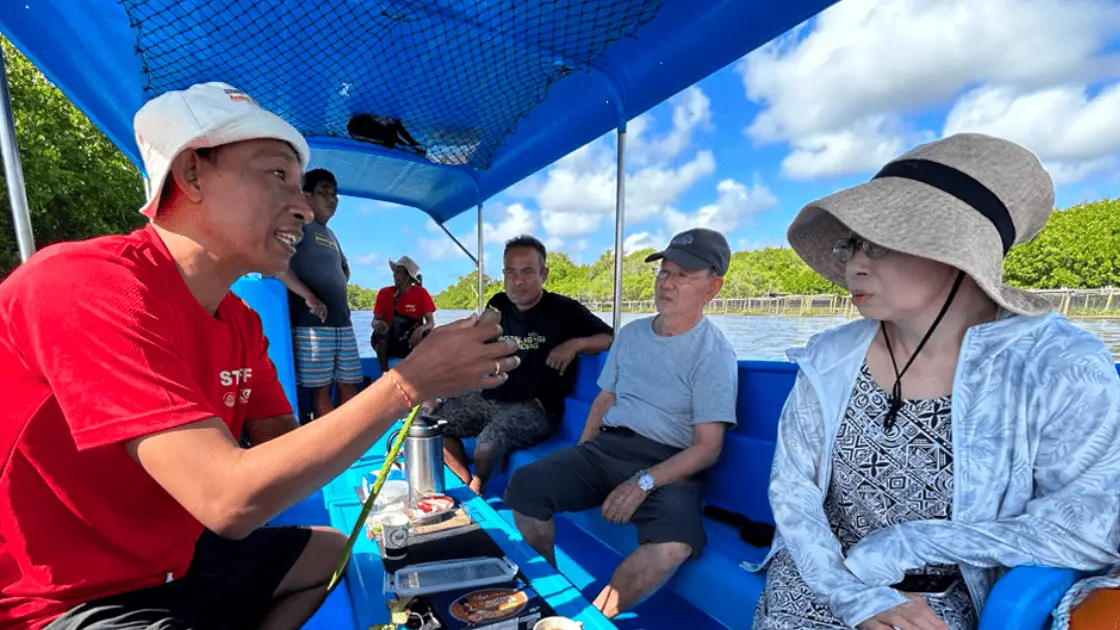
Tour guides play a crucial role in Bali's eco tourism by connecting visitors with the island's natural wonders and cultural heritage. Well-trained guides not only share knowledge about the mangrove forests, marine ecosystems, and wildlife but also emphasize the importance of preserving these resources. Their stories and insights foster respect and awareness among tourists, encouraging responsible behavior.
Many operators ensure that guides are locals who understand the community's needs and challenges, creating a direct benefit for the people who protect Bali's environment. This collaboration strengthens the link between tourism and conservation, making every tour a chance to support sustainable livelihoods.
Planning your visit: tips for a responsible trip
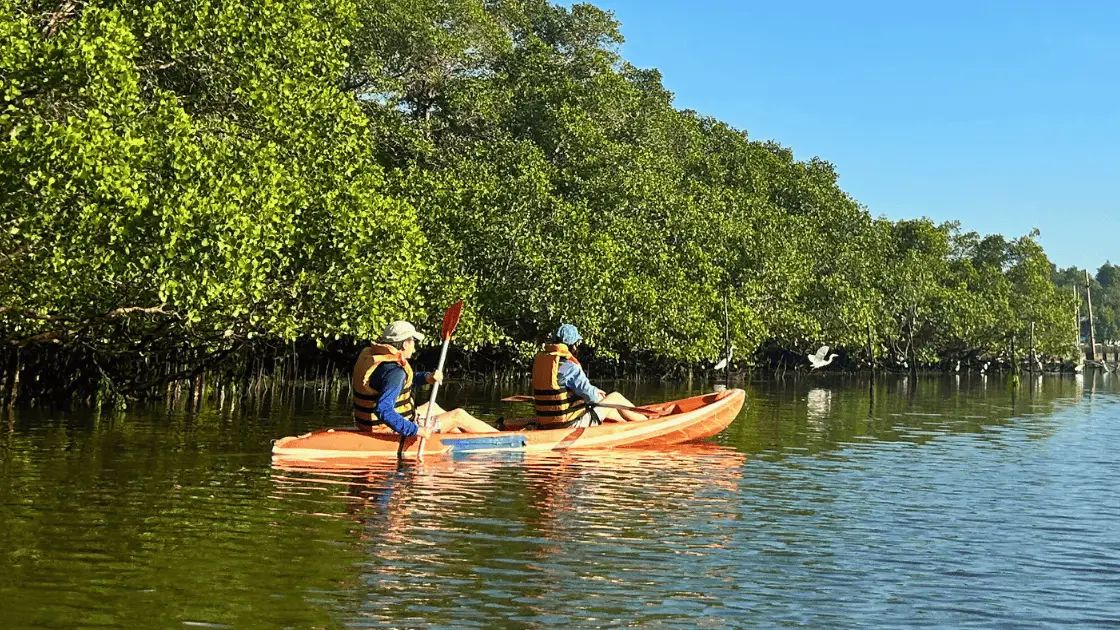
When planning a trip to Bali focused on eco tourism, consider the following:
Choose accommodations and tours certified for sustainability and community support.
Visit mangrove forests and marine parks with operators who prioritize conservation and limit group sizes, and take the opportunity to learn about the variety of plants and animals that inhabit these unique ecosystems.
Prepare to paddle quietly in canoes or kayaks to minimize disturbance to wildlife.
Respect local customs and environmental guidelines shared by your guides.
Support local businesses by buying handicrafts and eating at community-run restaurants.
By making these choices, visitors contribute to preserving Bali’s natural beauty and cultural richness for future generations.
Conclusion: Bali as a model for bali sustainable travel and the future
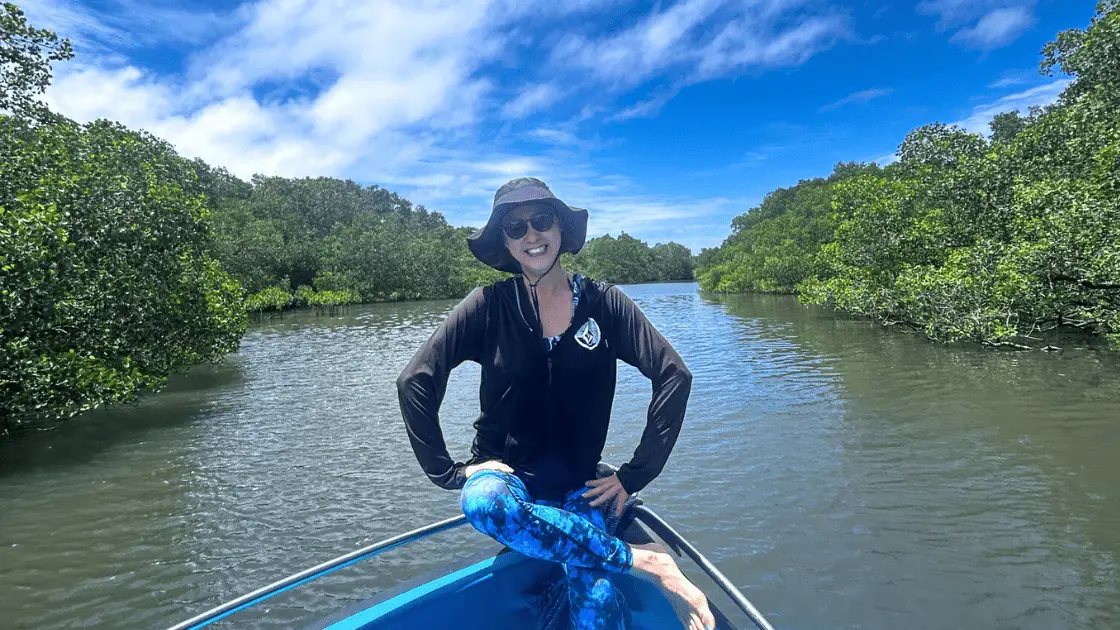
Bali’s path shows that sustainable travel & tourism is achievable when community action, committed operators, and thoughtful policy align. From village mangrove plantings to responsible bali canoeing tours and public bans on single-use plastics, these pieces fit together to protect ecosystems and livelihoods. The island is not perfect, but it is learning and adjusting and that makes it an important model for other destinations. Over the years, ongoing sustainability initiatives have made a significant long-term impact on Bali's environment and communities.
If you want to experience this balance firsthand, consider joining a mangrove canoe trip or a Mangrove eco cruise that puts conservation and community first. See the Mangrove Night Cruise and the Evening Mangrove Canoe Tour as examples of how a bali mangrove canoeing tour can be both gentle and enriching.

 EN
EN JP
JP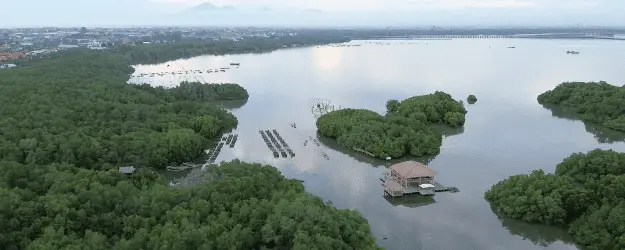


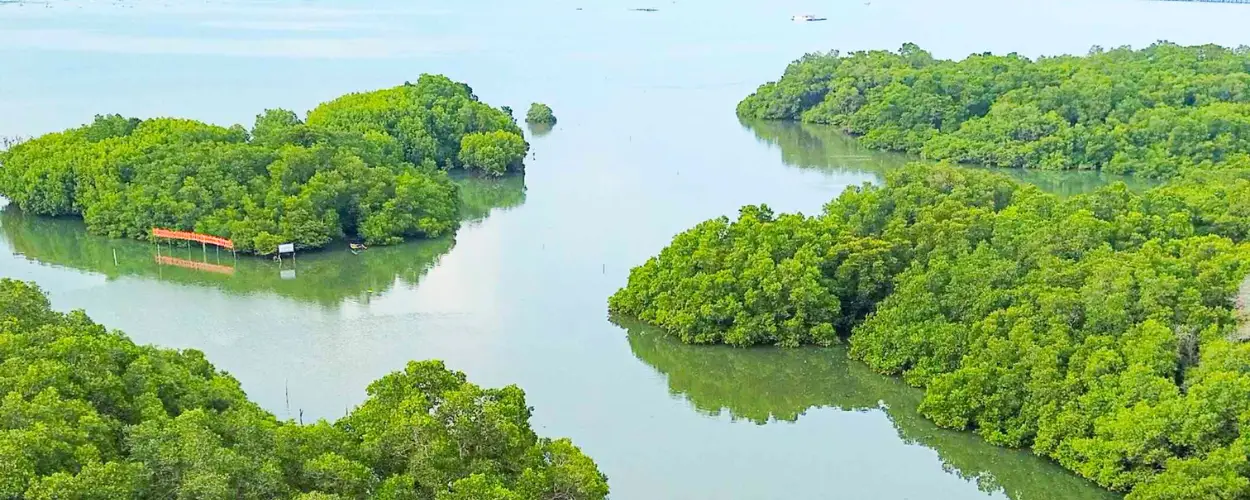
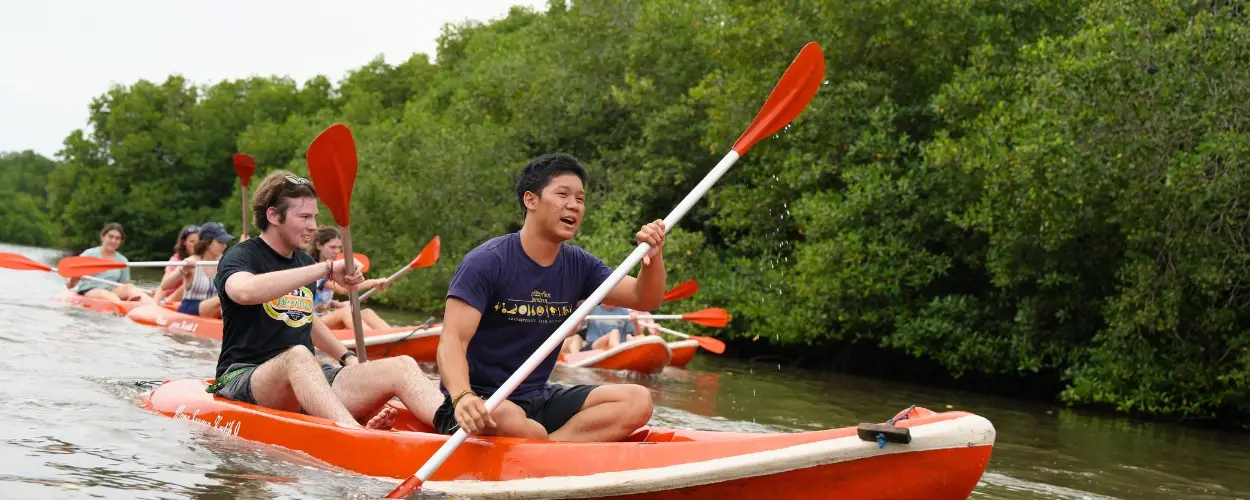

comments